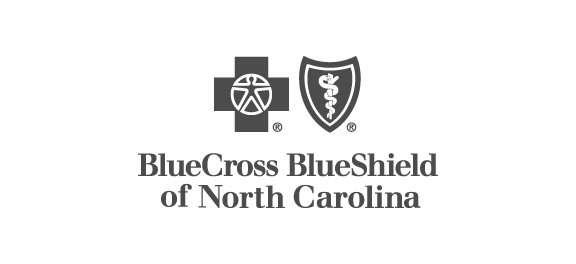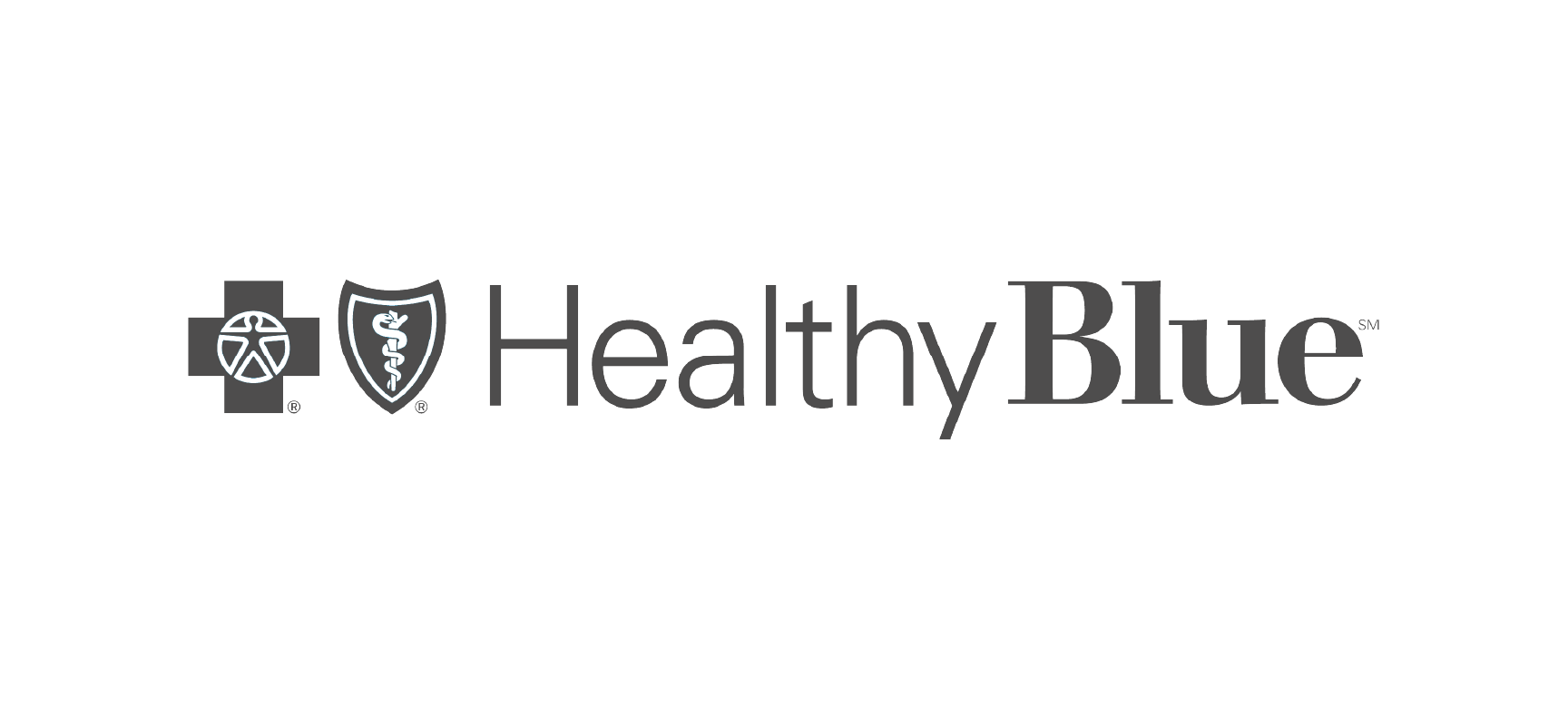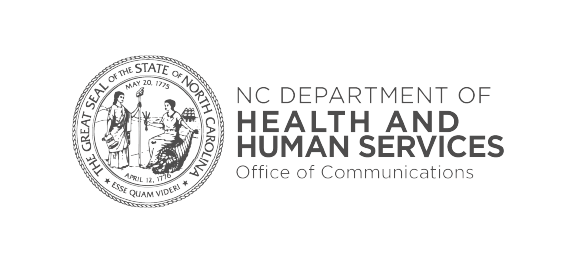What is Postpartum Depression?
At Apogee Behavioral Medicine, we recognize the profound challenges new mothers face and the unique mental health needs that arise during and after pregnancy. Postpartum Depression (PPD) affects one in seven women, making it a common yet often misunderstood condition. Our team of experienced therapists and psychiatrists in North Carolina is dedicated to providing compassionate care, empowering mothers to overcome postpartum depression and embrace their journey to recovery.
Postpartum Depression is more than just “baby blues.” It is a serious mental health condition that can occur during pregnancy or up to a year after childbirth. Unlike the baby blues, which typically last a few weeks and only involve mild mood changes, PPD includes persistent sadness, anxiety, and a sense of being overwhelmed. This can interfere with daily life and bonding with the baby.
Signs and Symptoms of Postpartum Depression
Identifying the signs of PPD early is critical for effective treatment. While it may be difficult to distinguish between normal post-birth adjustments and depression, a professional screening can help determine the best course of action.
Postpartum depression is not limited to those who give birth. Women who experience a miscarriage or stillbirth may also develop PPD, further emphasizing the importance of screening and support.
PPD symptoms may include:
- Persistent sadness or low mood
- Fatigue and sleep disturbances
- Feelings of inadequacy or guilt
- Difficulty bonding with the baby
- Fear of harming oneself or the baby
When to Seek Help
Only 6% of women with postpartum depression seek professional treatment. If you or someone you love is experiencing symptoms of PPD, it’s essential to take action. Our team of expert North Carolina postpartum depression therapists is here to provide expert care, from initial screening to tailored treatment plans.
Mothers often face immense physical and emotional challenges during the postpartum period. Providing practical and emotional support can make a significant difference. Simple acts like helping with childcare, preparing meals, or offering a listening ear can ease the burden and promote recovery.
Postpartum Psychosis is a rare but severe condition that requires immediate medical attention. Symptoms may include hallucinations, delusions, and confusion. If you or someone you know is exhibiting these symptoms, call 911 or seek emergency care immediately.
Treatment Options for Postpartum Depression
At Apogee Behavioral Medicine, we offer a range of counseling and therapeutic options tailored to your needs:
Postpartum Depression Therapists
Our specialized postpartum depression therapists in North Carolina provide a safe, understanding space for mothers to process emotions, develop coping strategies, and reconnect with their sense of self.
Psychiatric Support & Medication Management
Our psychiatrists may recommend medication to alleviate symptoms of PPD, often in conjunction with therapy for a comprehensive treatment plan.

Same Day Appointments Available
Apogee Behavioral Medicine offers same-day appointments and Telepsychiatry to support you when you need it most. Postpartum depression can arise unexpectedly, and we are here to help you navigate these challenging emotions and symptoms. Our team provides compassionate care, guidance, and relief to help you on your journey to recovery.

At Apogee Behavioral Medicine, we are committed to supporting mothers through postpartum depression with compassion and expertise. Your journey to recovery begins here. Let us help you find relief and regain your well-being.
Take the first step toward recovery today. Call us at (855) 409-9002 or fill out our online form to schedule a consultation with a North Carolina therapist or psychiatrist at Apogee Behavioral Medicine.
FAQs About Postpartum Depression
Postpartum depression results from a combination of hormonal changes, emotional stress, and physical exhaustion during and after pregnancy.
Yes, men can experience postpartum depression due to the stress of new parenthood and changes in family dynamics.
Provide emotional support, assist with daily tasks, and encourage them to seek professional help.
Insurances Accepted
















Call us at (855) 409-9002 to see if you are covered.
Insurance plans may vary by state and are subject to change.
